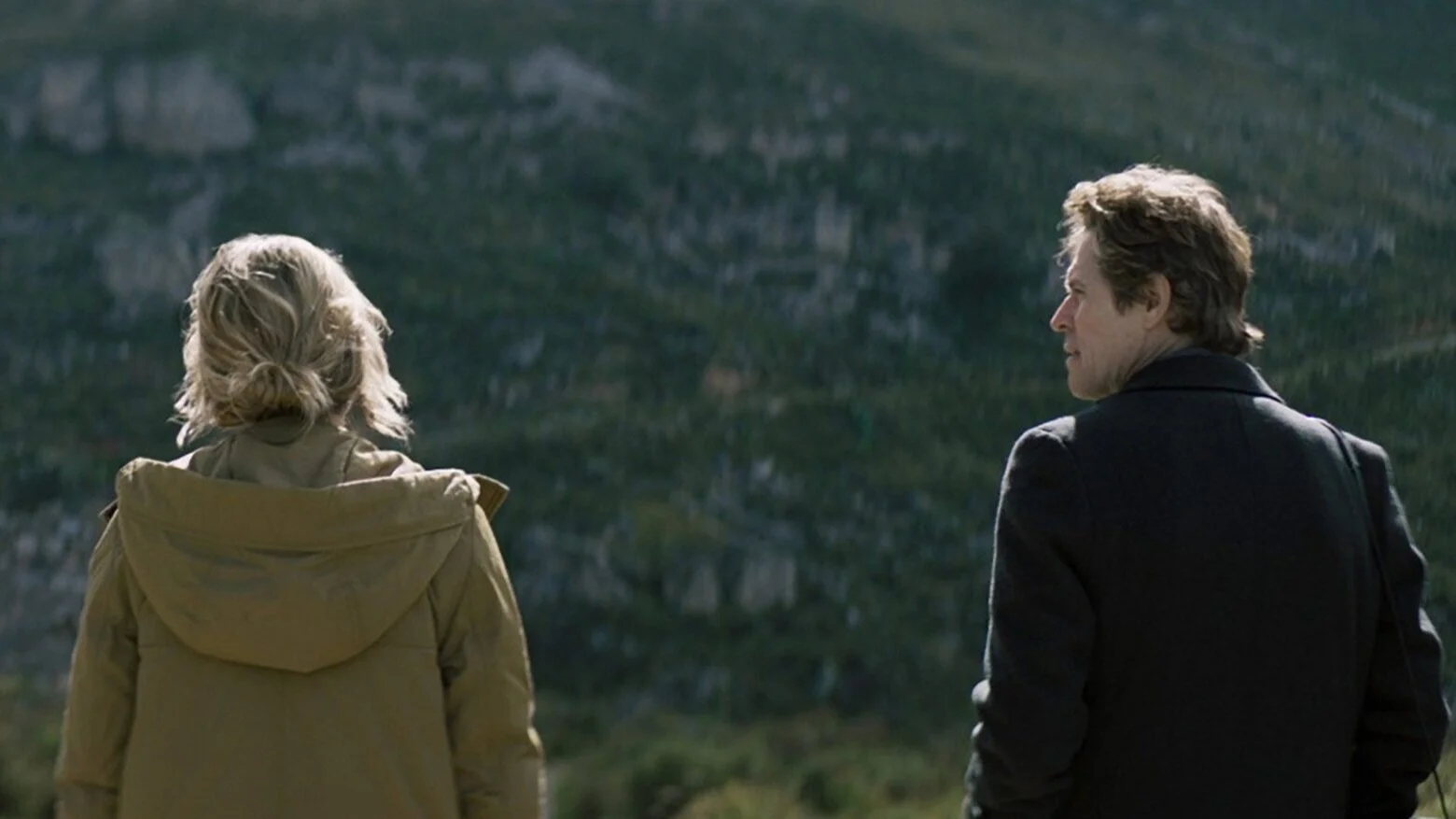Opus Zero
Artistry abounds in a film about artists, but is it too complex to satisfy?
With Opus Zero, David Spencer Graham has made a first feature that shows real cinematic talent. Prior to 2017, when this film was made, his involvement in cinema was as an interviewing journalist and writer together with some experience as a producer: his interviewees included Bela Tarr and Nuri Bilge Ceylan and he worked as a line producer for Carlos Reygadas on Post Tenebris Lux. Given that background, you might deduce that Opus Zero would be avant-garde in character and so it proves. If, on the one hand, the viewer is drawn to believe that this totally assured debut represents exactly what Graham wanted to put on the screen, on the other hand its philosophical approach (it’s a markedly intellectual film) results in what many - this reviewer included - will regard as a work far too enigmatic for its own good.
Starting with a brief ‘Preludio’ and ending with an equally short ‘Coda’ (both terms confirming something evident in the film, namely Graham’s deep interest in music), Opus Zero is divided into two main parts. In the first, an American, Paul (Willem Dafoe), arrives in Mexico just too late for the funeral of his father who had lived there in Real de Catorce. He takes an interest in a woman seen in a photograph and known to have been his father’s companion, but he fails to trace her. More significantly, in this context we learn that Paul is a composer who for years has been working on a special project: to complete another composer’s symphony left unfinished in 1910. Far more than an attempt to recapture the voice of the original composer, Paul talks of hoping that this work will express the fact that a person can never entirely disappear. He claims to know exactly what he is seeking in this undertaking but not the route necessary to get there.
Paul remains a central presence but in the film’s second part we meet other artists, two filmmakers who come to Real de Catorce to find contrasted material for the documentary on which they are working. Like Paul, these two (Andrés Almeida and Cassandra Ciangherotti) make contact with the locals (Noé Hernández is strikingly well cast as a priest) but for all the supposed authenticity of their work they manipulate what they film. However, no set-up is involved when three inhabitants literally disappear in the midst of a tracking shot. The filmmakers are dumbfounded that unmanipulated real life has led them to record what appears to be a miracle, something which they will probably choose to expunge because it is evidence of things beyond their comprehension.
Opus Zero is certainly about art and artists and, with Dafoe admirably cast, I kept hoping that by its close this strange piece would fuse its enigmatic elements so as to yield some clearer meaning or viewpoint. Instead, it left me baffled but never bored. It’s a very individual work, strong on atmosphere, visually distinguished and enhanced by the music used (Scarlatti played by Egon Petri, a blues number and a splendid original score by Colin Matthews). While some may understand it better than I did, many will find it too elusive to give real satisfaction. Nevertheless, it is worth repeating that I was fascinated by my conviction that Opus Zero is a film that exists in a form fully in keeping with what Graham was intending.
MANSEL STIMPSON
Cast: Willem Dafoe, Andrés Almeida, Cassandra Ciangherotti, Noé Hernández, Irene Azuela, Leonardo Ortizgris, Carlos Arágon, Brontis Jodorowsky, Antonio Zúñiga, Valentina Manzini.
Dir Daniel Spencer Graham, Pro Julio Chavezmontes, Screenplay Daniel Spencer Graham, Ph Matias Penachino, Pro Des Claudio Ramirez Castelli, Ed Yibran Asuad, Music Colin Matthews, Costumes Brenda Gomez.
Piano/Maze Pictures/Sutor Kolonko/Balthazar Films-New Wave Films.
84 mins. Germany/Mexico. 2017. Rel: 9 August 2019. Cert. 15.


